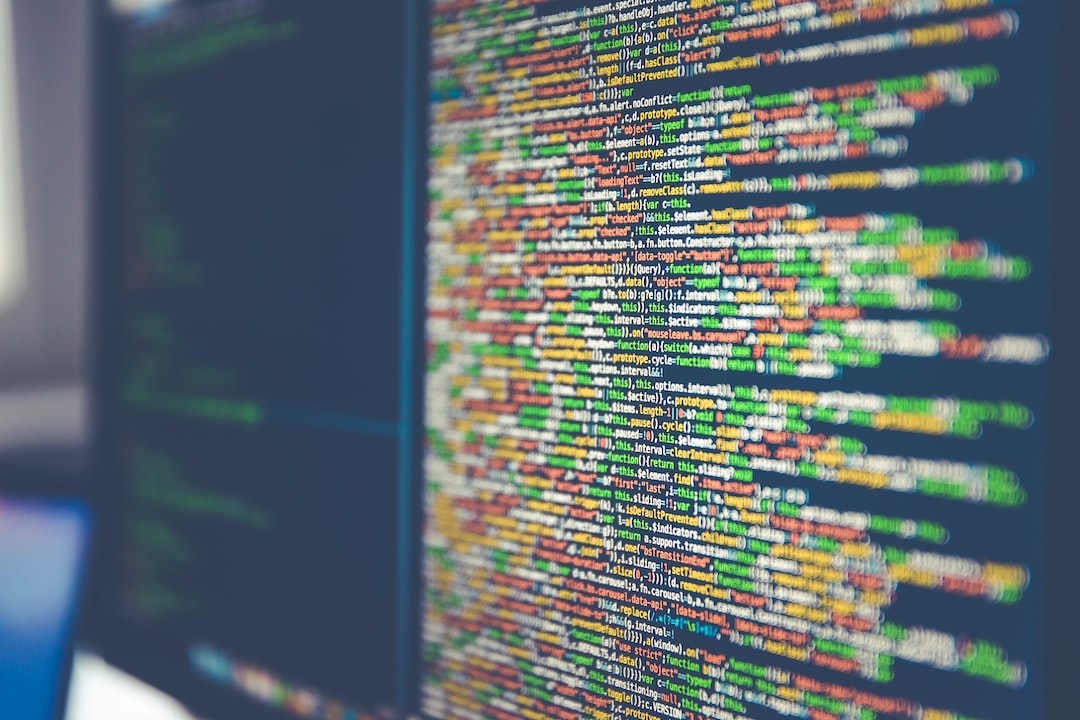Understanding Quantum Computing and its Revolutionary Applications
The field of quantum computing has gained significant attention in recent years for its potential to revolutionize nearly every aspect of our lives. Quantum computers, unlike classical computers, harness the principles of quantum mechanics to perform calculations at speeds that are exponentially faster than what is currently possible. This breakthrough technology has the power to transform a range of industries, from finance and healthcare to cryptography and artificial intelligence. In this blog post, we will delve into the basics of quantum computing and explore some of the revolutionary applications it holds.
To grasp the concept of quantum computing, it is essential to have a fundamental understanding of quantum mechanics. At the heart of quantum mechanics lies the concept of a qubit—a unit of quantum information. Unlike classical bits that can be in either a 0 or 1 state, qubits can exist in a superposition of both states simultaneously. This property allows quantum computers to process an immense number of possibilities simultaneously, leading to exponential increases in computational power.
One of the most exciting applications of quantum computing is in the field of cryptography. Traditional cryptographic algorithms rely on the difficulty of solving mathematical problems, such as factoring large numbers, to ensure secure communication. However, as computers become more powerful, these algorithms become increasingly susceptible to attacks. Quantum computers, with their inherent ability to perform complex calculations quickly, could potentially break traditional encryption methods. To counter this, researchers are exploring new cryptographic techniques that are resistant to quantum attacks, such as post-quantum cryptography, to ensure data security in the quantum era.
Furthermore, quantum computing shows great promise in accelerating drug discovery and development. The process of designing a new drug involves simulating the behavior of molecules and predicting their interactions with specific targets. This simulation, known as molecular dynamics, is computationally intensive and time-consuming on classical computers. Quantum computers have the potential to vastly speed up this process by simulating the quantum behavior of molecules directly. By enabling a more detailed understanding of molecular interactions, quantum computers could revolutionize drug design, leading to the development of more effective treatments for various diseases.
Another area where quantum computing holds immense potential is in optimization problems. Many real-world problems, such as route optimization in logistics or portfolio optimization in finance, involve finding the best solution from countless possibilities. Classical computers struggle to efficiently solve these problems due to their exponential time complexity. Quantum computers, on the other hand, can explore different possibilities simultaneously, making them highly suitable for solving optimization problems. This could have far-reaching implications for industries that heavily rely on optimization, leading to significant improvements in efficiency and cost savings.
Artificial intelligence (AI) is yet another field that stands to benefit from the power of quantum computing. AI algorithms require massive amounts of computational power to process and analyze vast datasets. Quantum computers can provide this power by accelerating the training and inference processes used in AI. This could lead to advancements in fields such as image recognition, natural language processing, and machine learning, opening up new possibilities for AI applications.
While the potential of quantum computing is undoubtedly exciting, there are still significant challenges to overcome before it becomes widely accessible. Building and maintaining stable qubits, free from external interference and decoherence, remains a major hurdle. Additionally, quantum computers are highly sensitive to noise, making error correction a critical area of research. Progress in these areas is essential for realizing the full potential of quantum computing and ensuring its practical applications.
In conclusion, quantum computing has the power to revolutionize numerous industries, from cryptography and drug discovery to optimization and artificial intelligence. By leveraging the principles of quantum mechanics, quantum computers have the potential to solve complex problems at unprecedented speeds. While there are still challenges to overcome, the rapid advancements in quantum computing technology provide a promising glimpse into the future. As researchers continue to unlock the mysteries of quantum mechanics, we can look forward to a world where quantum computers transform the way we live, work, and solve problems.
